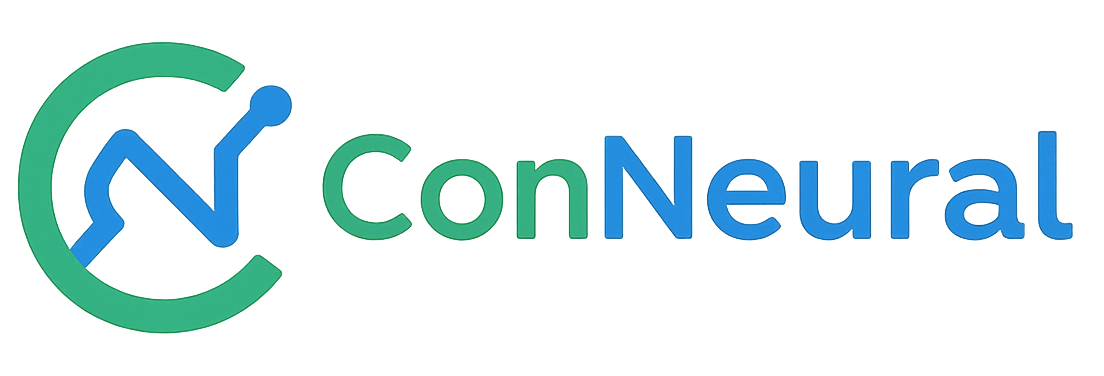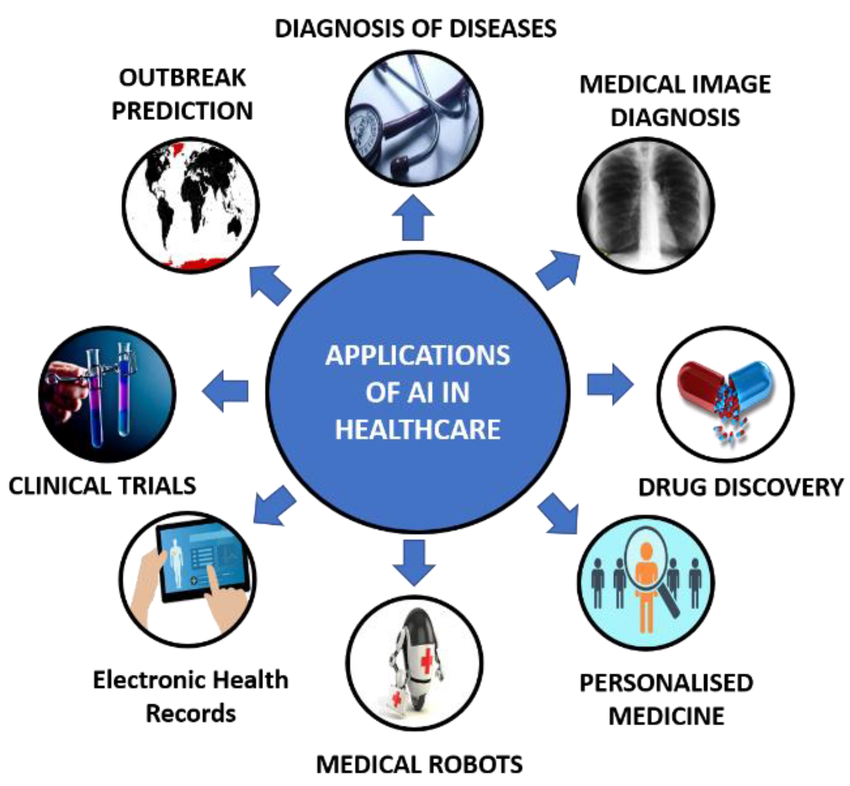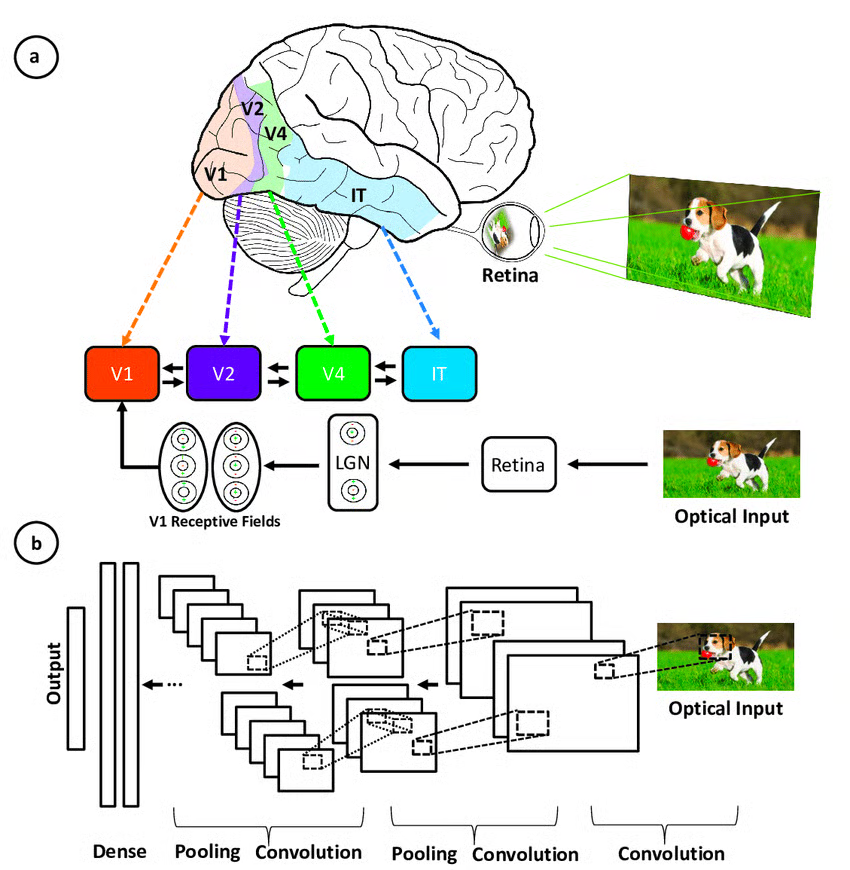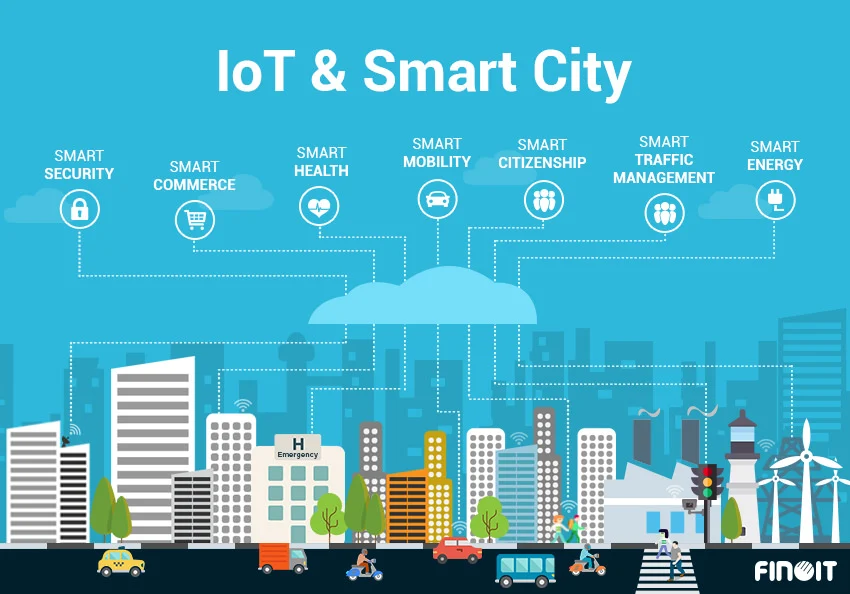
While blockchain technology gained fame through cryptocurrencies like Bitcoin, its potential extends far beyond digital currencies. This decentralized, secure, and transparent technology is revolutionizing industries from healthcare to supply chain management. Let's explore the most impactful real-world applications of blockchain technology today.
Understanding Blockchain Technology
At its core, blockchain is a distributed ledger technology that records transactions across multiple computers in a way that ensures security, transparency, and immutability. Key features include:
- Decentralization: No single entity controls the network.
- Transparency: All participants can view transaction history.
- Security: Cryptographic hashing makes data tamper-evident.
- Immutability: Once recorded, data cannot be altered retroactively.
Supply Chain Management
Blockchain brings unprecedented transparency and traceability to supply chains:
1. Provenance Tracking
Companies like Walmart and Maersk use blockchain to track food products from farm to shelf, reducing food fraud and improving recall efficiency by 99% in some cases.
2. Ethical Sourcing
Diamond giant De Beers uses blockchain to verify the ethical sourcing of diamonds, ensuring they're conflict-free.
Healthcare Innovations
The healthcare industry benefits from secure, interoperable health records:
1. Patient Data Management
Blockchain enables secure sharing of medical records between healthcare providers while maintaining patient privacy and control over their data.
2. Drug Traceability
Pharmaceutical companies use blockchain to combat counterfeit drugs by tracking medications through the entire supply chain.
Financial Services Revolution
Beyond cryptocurrency, blockchain is transforming traditional finance:
1. Cross-Border Payments
Ripple's blockchain network enables real-time, low-cost international money transfers, processing transactions in seconds instead of days.
2. Smart Contracts
Self-executing contracts on platforms like Ethereum automate and enforce agreements without intermediaries, reducing costs and increasing efficiency.
Voting Systems
Blockchain can enhance election security and accessibility:
- Prevents voter fraud through identity verification
- Enables secure remote voting
- Ensures vote immutability and auditability
- Increases transparency in election results
Intellectual Property & Royalties
Artists and creators benefit from blockchain in several ways:
1. Digital Rights Management
Blockchain creates immutable records of intellectual property ownership and usage rights.
2. Automated Royalties
Smart contracts automatically distribute royalties to creators whenever their work is used or sold.
Challenges and Considerations
Despite its potential, blockchain faces several challenges:
- Scalability: Current blockchain networks can process limited transactions per second.
- Energy Consumption: Proof-of-work blockchains require significant computational power.
- Regulation: Evolving legal frameworks create uncertainty for businesses.
- Integration: Legacy systems may require significant changes to work with blockchain.
Future Outlook
As blockchain technology matures, we can expect to see:
- Increased enterprise adoption across industries
- Improved scalability solutions like sharding and layer-2 protocols
- Greater regulatory clarity and standardization
- Integration with other emerging technologies like AI and IoT
Conclusion
Blockchain technology is proving to be much more than the foundation of cryptocurrencies. Its ability to provide security, transparency, and efficiency is transforming industries worldwide. As businesses and governments continue to explore and implement blockchain solutions, we're only beginning to scratch the surface of its potential applications. The future of blockchain extends far beyond finance, promising to revolutionize how we handle data, conduct transactions, and establish trust in the digital age.

James Wilson
Blockchain Specialist at Conneural
With over 7 years of experience in blockchain development and consulting, James helps organizations implement secure and scalable blockchain solutions. He specializes in smart contract development and enterprise blockchain architecture.



